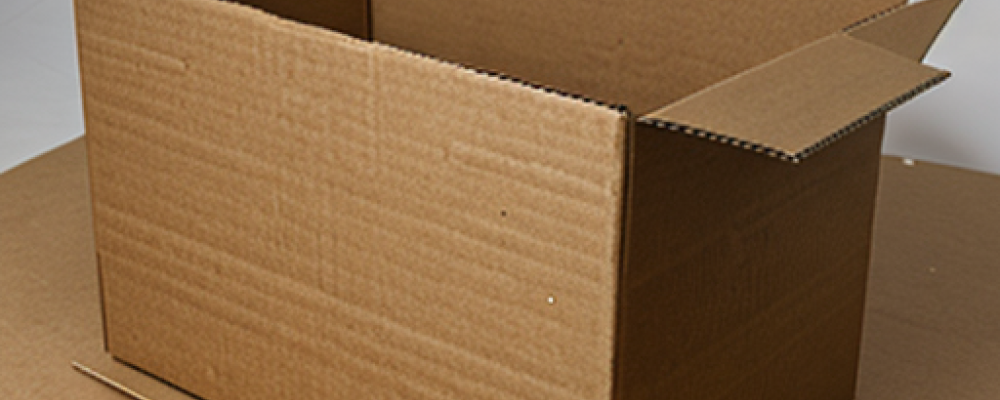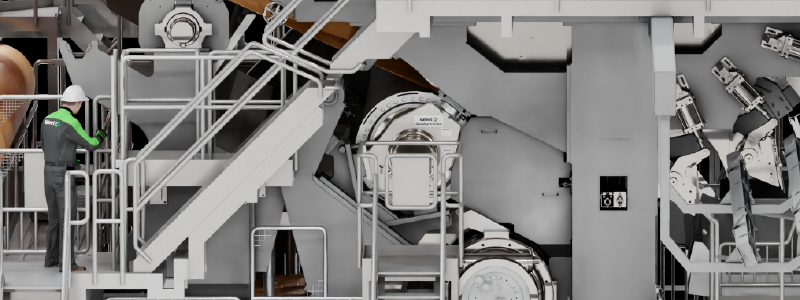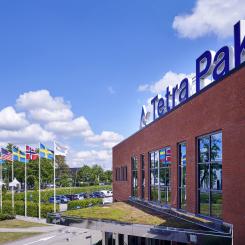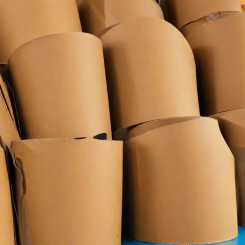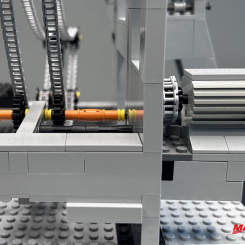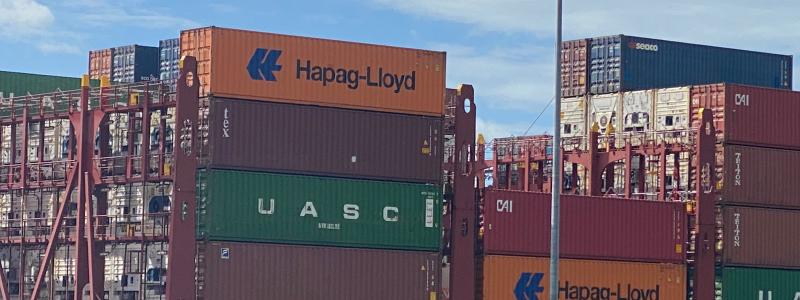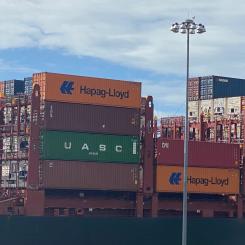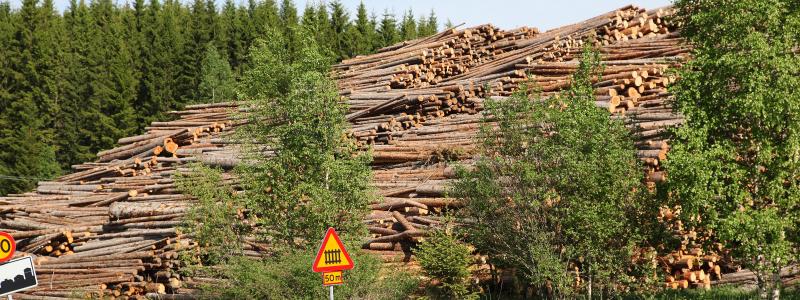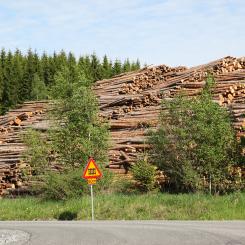Lesosibirsk Sawmills and Woodworking Plant , part of Segezha Group , has signed a contract with AS Hekotek, Estonia, for supplying a set of equipment for its pellet production facility. The launch of the facility is planned for Q2 2023. Investments into the project will reach 10.1 million euros. The production capacity is estimated at 100 thousand tonnes per year.
The facility will be located on the plant’s premises and will consist of three production lines. The sawdust and process chips (up to 270 thousand m3 per year) will be used as raw materials. A mixture of bark and chips is to be used as fuel for the heating units. After the new production lines are launched, LDK No.1’s total fuel pellet capacity will hit 210.5 thousand tonnes,’ comments Artyom Samukhin, LDK No. 1’s development director.
This pellet production facility will be Segezha’s first such site in Siberia. The other two sites currently active in Krasnoyarsk Krai are Ksilotek-Sibir LLC (110.5 thousand tonnes) and Novoyeniseiskiy Wood Chemical Complex (60 thousand tonnes).
The holding is also making progress with expanding its pellet capacity in other regions of its presence. For example, another pellet asset, with a capacity of 65 thousand tonnes, will open in November at Sokol Woodworking Plant JSC, in the town of Sokol, Vologda Region. And in late 2022, a 30-thousand-tonne facility will open at Onega Sawmills JSC. Finally, the laminated timber structure plant, currently under construction in Segezha, Republic of Karelia, will start producing 100 thousand tonnes of pellets annually in 2023.
In summary, taking all these investment projects into account, the total pellet production capacity of Segezha Group will soar to 465.5 thousand tonnes in 2023, growing almost threefold.
Considering the current fight against climate change and the relevance of the environmental agenda, demand for pellets is on the rise. Pellets are an eco-friendly fuel that comes from a renewable source.
Segezha Group pellets meet the highest requirements of the European SBP and ENPlus A1 standards. Raw materials for fuel pellets include sawdust and fine chips, which are by-products of coniferous timber processing. Such pellets are produced under high pressure without the use of chemical binding agents. In terms of heat production, they are comparable to hard coal but release fewer sulphur compounds when burning. Converting boilers to run on pellets facilitates reduced GHG emissions and improves environmental conditions.
Segezha Group ships its fuel pellets to consumers in Russia and the EU. The product is used for heating both private homes and public places.





